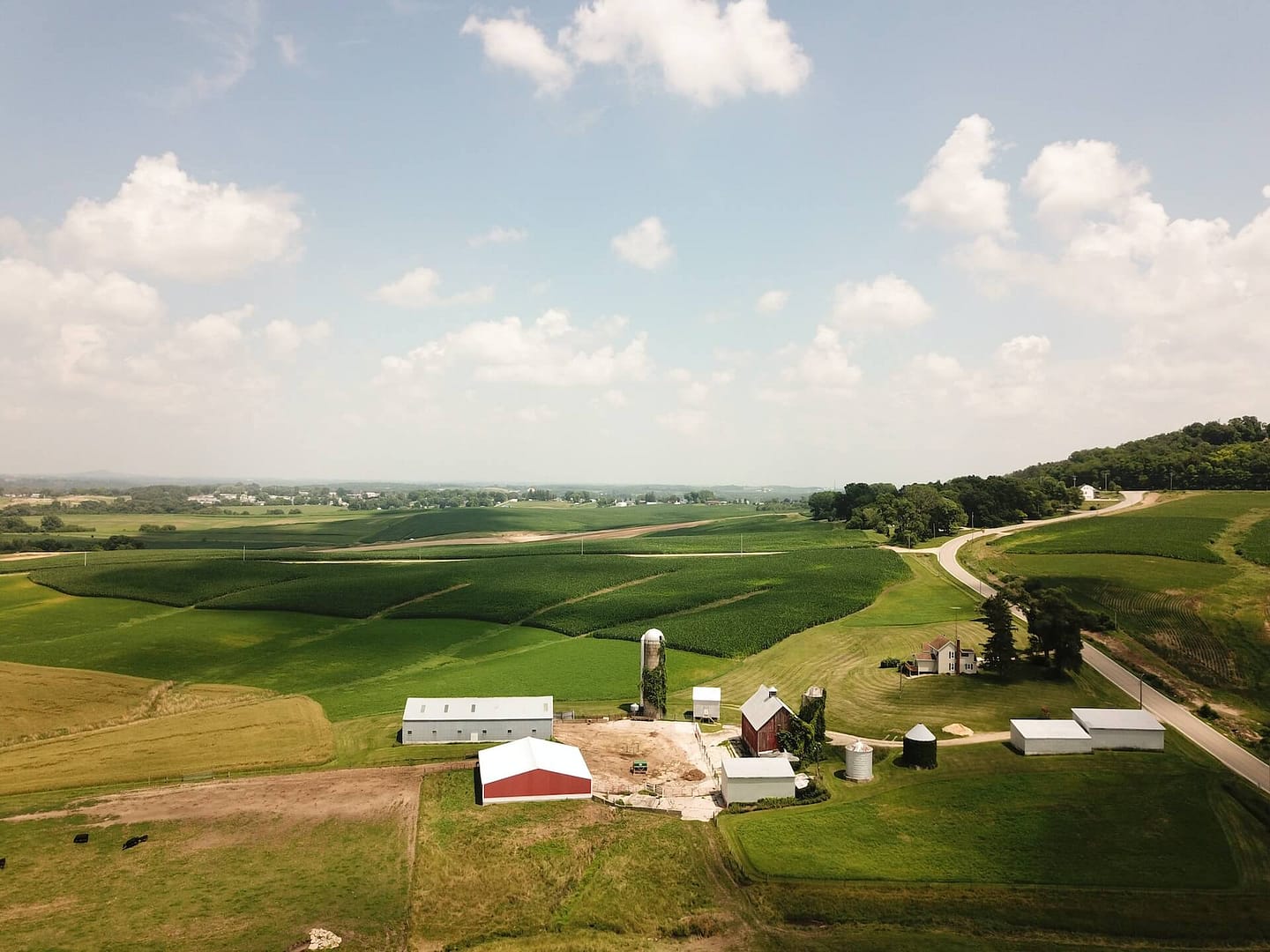Rural healthcare, a vital component of a nation’s overall well-being, faces unique challenges in different parts of the world. In the United Kingdom, rural healthcare and clinical negligence have been subjects of concern for both healthcare providers and patients. In this article, we will delve into the state of rural healthcare in the UK, understand the four essential elements required to prove clinical negligence, examine the implications of this critical issue, and explore the process of making an accident at work claim with National Claims.
The State of Rural Healthcare in the UK
Rural healthcare in the United Kingdom, as in many countries, presents a distinctive set of challenges. The picturesque landscapes and peaceful countryside hide the complexities faced by those residing in rural areas when it comes to healthcare access. While the NHS (National Health Service) has made significant strides in providing equitable healthcare, rural communities still encounter several hurdles. Here’s a closer look at the state of rural healthcare in the UK:
Geographic Barriers
One of the most glaring issues in rural healthcare is the sheer distance between patients and healthcare facilities. Residents of rural areas often have to travel longer distances to reach a hospital or clinic. This poses a significant challenge, especially during medical emergencies when time is of the essence. In many cases, patients in remote areas may have to rely on volunteer ambulance services, leading to delayed medical attention.
Limited Healthcare Facilities
Rural areas typically have fewer healthcare facilities compared to urban centres. The scarcity of medical centres can result in long waiting times for appointments and medical procedures. Patients might have to endure prolonged suffering while waiting for the necessary care. Furthermore, the lack of specialised healthcare services in rural areas can force patients to travel extensively for specialist consultations.
Shortage of Skilled Medical Professionals
Rural healthcare facilities often struggle to attract and retain skilled medical professionals. The shortage of doctors, nurses, and specialists in these regions can lead to overburdened staff and compromised quality of care. Patients may find themselves dealing with medical practitioners who are stretched thin, which can increase the risk of clinical negligence.
Limited Technological Resources
Rural healthcare facilities may lag behind in terms of technology and equipment. They might not have access to the latest medical advancements or diagnostic tools, making accurate diagnosis and treatment challenging. This lack of resources can potentially lead to misdiagnoses or treatment errors, contributing to clinical negligence concerns.
Understanding Clinical Negligence
Clinical negligence, also known as medical malpractice, refers to situations where a healthcare professional fails to provide an acceptable standard of care, resulting in harm to the patient. To prove clinical negligence in the UK, four critical elements must be present:
Duty of Care
The first element in establishing clinical negligence is demonstrating that the healthcare provider owed a duty of care to the patient. This duty of care is an obligation to provide an acceptable standard of medical treatment. It is usually established when a doctor-patient relationship is formed, signifying the responsibility of the healthcare professional to provide appropriate care.
Breach of Duty
The second element involves proving that the healthcare provider breached their duty of care. This means that they did not adhere to the standard of care expected in the medical community. To determine this breach, the court assesses whether a reasonably skilled and prudent healthcare professional, in similar circumstances, would have acted differently.
Causation
The third element requires establishing a direct link between the breach of duty and the patient’s harm. In other words, it must be demonstrated that the breach of duty directly caused the patient’s injuries or worsened their condition. This often involves expert medical testimony to establish the connection between the healthcare provider’s actions and the harm suffered by the patient.
Damages
The final element in proving clinical negligence is the presence of damages. Damages refer to the physical, emotional, or financial harm suffered by the patient as a result of the breach of duty. These damages can include medical bills, pain and suffering, lost wages, and any other losses directly related to the negligence.
Implications of Clinical Negligence in Rural Healthcare
Clinical negligence is a concern that transcends geographical boundaries. However, when it occurs in rural healthcare settings, the impact can be particularly significant. Here are some of the implications of clinical negligence in rural healthcare:
Limited Recourse
In rural areas, the options available to patients who have suffered from clinical negligence may be limited. There might be fewer legal resources and advocacy groups in rural communities to support patients in their pursuit of justice. This limitation can make it more challenging for victims to seek compensation or hold healthcare providers accountable.
Reputation of Healthcare Providers
Clinical negligence cases can tarnish the reputation of healthcare providers in rural areas. In close-knit communities, a single incident of negligence can create mistrust among residents, making it difficult for healthcare professionals to rebuild their reputation. This, in turn, may exacerbate the shortage of skilled medical staff in these areas.
Quality of Care
The fear of legal consequences can sometimes lead healthcare providers to practise defensive medicine, which involves ordering excessive tests or procedures to avoid potential litigation. In rural healthcare, this may further strain already limited resources and affect the overall quality of care, as healthcare professionals may become more focused on avoiding legal issues than on providing the best treatment.
Patient Outcomes
Clinical negligence can have a direct impact on patient outcomes in rural areas. A delayed diagnosis or improper treatment can lead to more severe health conditions, longer recovery times, and sometimes irreversible harm. Patients in rural areas might not have easy access to alternative healthcare options, making the consequences of clinical negligence even more severe.

Making an Accident at Work Claim with National Claims
When you’ve experienced an accident at work in a rural setting, and you suspect clinical negligence may be involved, you may need to explore your legal options. At National Claims, we’re here to guide you through the process of making a claim. Here’s how you can proceed:
Consultation
The first step in making an accident at work claim with National Claims is to schedule a consultation with our experienced legal team. During this consultation, we will gather all the essential details of your case, including the circumstances of the accident and the potential clinical negligence involved.
Assessment
After gathering the necessary information, our legal experts will assess the viability of your claim. We will thoroughly examine the elements of clinical negligence to determine if your case meets the required criteria, such as the duty of care, breach of duty, causation, and damages.
Legal Representation
If your case is deemed viable, we will provide you with dedicated legal representation. Our team of skilled solicitors will work diligently to build a strong case on your behalf. We will gather evidence, consult medical experts, and pursue the necessary legal avenues to seek compensation for your injuries and losses.
Conclusion
Rural healthcare in the United Kingdom faces distinctive challenges, from geographic barriers to limited resources and a shortage of skilled professionals. These challenges can exacerbate the impact of clinical negligence, a pressing concern that affects patients, healthcare providers, and the quality of care. Addressing these issues requires a concerted effort to improve healthcare infrastructure, attract and retain skilled professionals, and ensure that legal recourse is available for those who have suffered from clinical negligence.
National Claims is committed to supporting individuals who have experienced clinical negligence, especially in rural healthcare settings. By providing consultation, assessment, legal representation, negotiation, and litigation when necessary, we aim to help victims of clinical negligence seek the justice and compensation they deserve. Together, we can work towards a healthcare system that provides equitable services to all, regardless of their geographic location.
Contact us today to speak to one of our claims specialists who will be able to help you start your claim.
Click below to see why we are one of the most trusted claims management companies in the UK.

We’re proud of our excellent customer reviews
We thrive on delivering exceptional service and ensuring our clients’ satisfaction. Don’t just take our word for it. Check out some of our independent reviews to see what our clients have to say.
Excellent

This firm is excellent, they sorted out my car pay out and injury claim very fast, they always communicate with you all the time.

My accident case was dealt with confidence and with great result of the outcome, especially James kept me informed all the time.

I was very impressed at the way my inquiry was treated. I was listened to attentively and everything I needed to know was explained to me.






